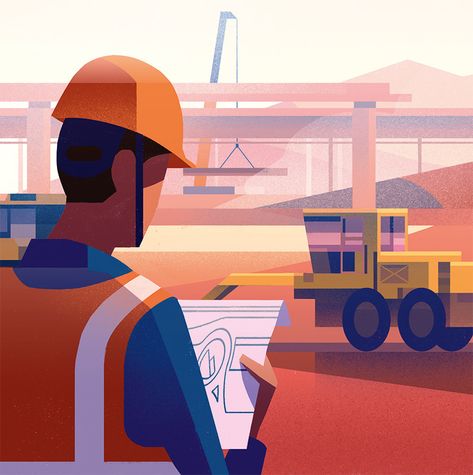
Paying for coconut charcoal briquettes with a Letter of Credit (L/C) is contingent on the agreement between the buyer and the seller. While L/Cs are commonly used in international trade, they are not a prevalent payment term for coconut charcoal briquettes. Instead, most suppliers and importers in this business use Telegraphic Transfer (T/T) as their primary payment method. Let’s delve into the reasons why the coconut charcoal briquettes business typically avoids L/C and the characteristics of L/C:
Table of Contents
Toggle– L/C is a payment term where the payment is made upon the arrival of the product or when the goods are overseas. This payment method necessitates the involvement of a third party, typically a bank, to handle and hold essential documents such as the Bill of Lading (B/L) and facilitate the financial exchange.
– In L/C terms, there is no down payment. Importers are required to pay the full amount to receive the B/L document. Exporters must send the B/L to the bank before receiving payment.
– L/C can be beneficial for importers as it safeguards their funds and ensures secure and trusted transactions.
– However, for coconut charcoal briquette suppliers, L/C can be less favorable. This is because they often have other expenses to cover, and L/C terms may not accommodate their financial needs.
– Many suppliers rely on the first payment as funding for production and the second payment to cover costs associated with delivery, forwarding, and documentation.
– Cases of late payments by importers are not uncommon when using L/C, which can lead to delayed payments for the supplier’s expenses.
– While some suppliers might consider L/C, specific requirements need to be met. Long-term contracts, trust between parties, and good communication are essential for L/C to be a viable payment method.
– T/T Cash in Advance is a payment method where the importer conducts a transaction with the exporter through an initial down payment. The final payment must be settled before the products are shipped.
– The percentage of the down payment can be negotiated between the buyer and the supplier, typically ranging from 50% to 50%, 70% to 30%, or 30% to 70%. The first payment often serves as production funding, with the second payment covering costs related to delivery, forwarding, and documentation.
– Delays in payment can lead to penalties and other sanctions based on the terms agreed upon in the sales contract. To mitigate this issue, some suppliers implement specific payment terms, such as a 60% first payment, 30% before delivery, and 10% for B/L document guarantee.
– In most cases, suppliers require upfront payment, making it impractical to use L/C as a payment method. Effective cash management and timely payments are essential for successful transactions.
The coconut charcoal briquette business primarily uses T/T Cash in Advance due to its practicality and suitability for the industry’s financial dynamics. Negotiating terms, maintaining good relationships, and preparing finances are key to successful transactions.